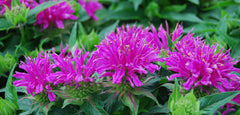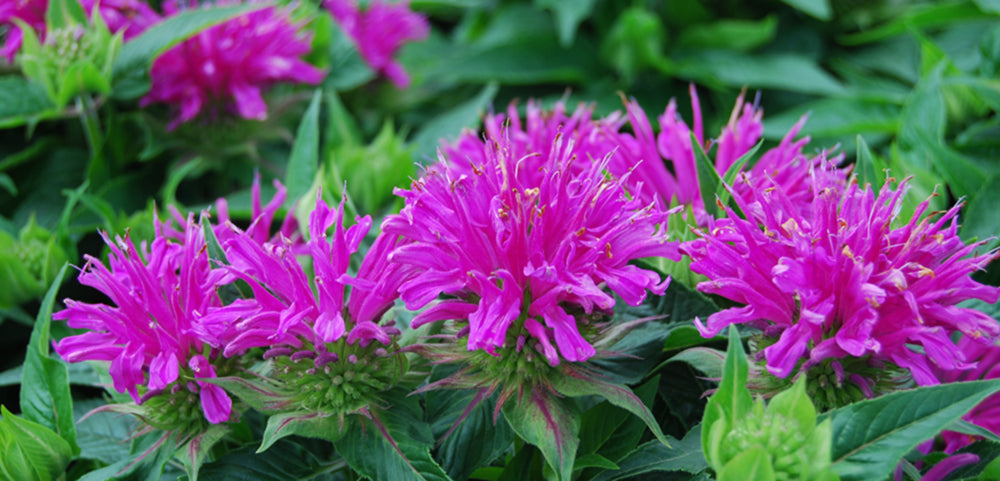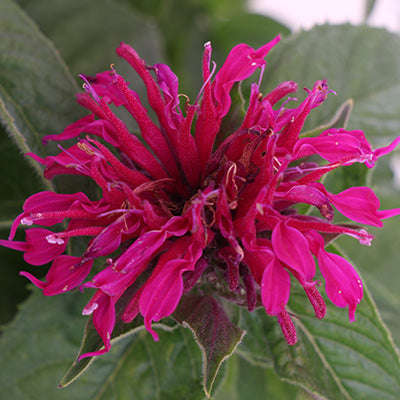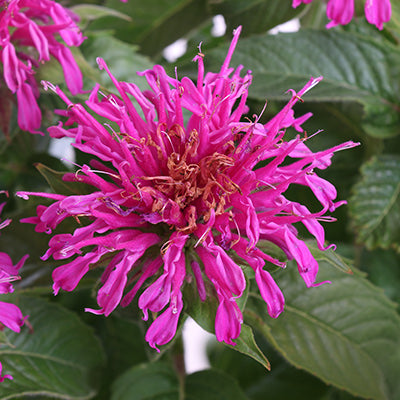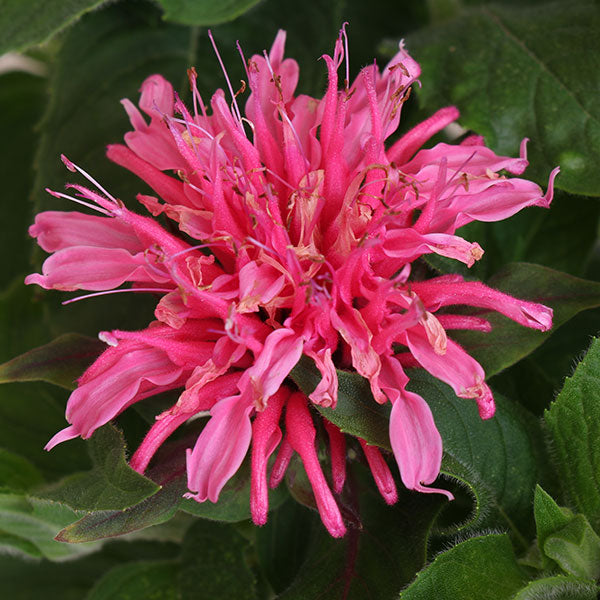Bee Balm (Monarda didyma)
Bee Balm Plant Features
Roll out the welcome mat for hungry bees, butterflies, and hummingbirds by including a generous helping of monarda, commonly called bee balm, in your garden. Its nectar-rich blooms come in a variety of colors and appear on the plants from midsummer to early fall. It's a fast-growing perennial that grows 18 to 24 inches tall and thrives in sunny locations. Monarda is deer- and rabbit-resistant, too! Hardy from zones 3-8.Monarda Questions?
Email us your questions and one of our perennial gardening experts will get back to you.
Bee Balm Growing Instructions
Plant monarda in a sunny spot that receives at least 6 to 8 hours of direct sunlight a day. It's a prairie native so it can tolerate dry soil, but does best in fertile, slightly moist locations. Monarda can occasionally become invasive so be sure to plant it where you can control its spread.Some older forms of monarda are susceptible to Powdery Mildew which defoliates the plants during hot, humid weather. To avoid this, read the plant tag and purchase varieties with built-in disease resistance.
Note: We do not recommend bee balm for human or animal consumption.
-
Water
Medium water needs
-
Light
Outside: Sun
-
Colors
Pink
Purple
Red
White
-
Special Features
Attracts butterflies
Attracts hummingbirds
Deer/rabbit resistant
Super-easy to grow
Complement your Bee Balm
LiatrisBoth liatris and monarda are American natives with similar needs and bloom times. Pair them for special effect.
